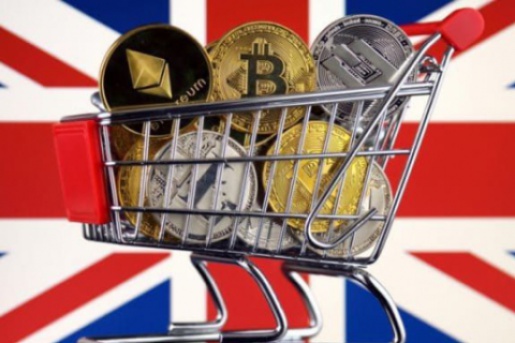License for an Exchange of Cryptocurrency in the United Kingdom
License for an Exchange of Cryptocurrency in the United Kingdom
The United Kingdom of Great Britain and Northern Ireland currently represents a powerful platform for the operation of cryptoexchange exchanges and cloud mining products subject to licensing of cryptocurrency operations. However, there are a lot of legal uncertainties, which create difficulties in assigning cryptocurrency to one of the existing objects of civil rights.
Formally, the actions of cryptocurrency exchanges in the UK have not been subject to state licensing, and a license for cryptocurrency in the UK is not required. However, several years ago, the Financial Regulation and Control Department created the Innovation Hub platform, in which crypto-players and interested persons were given the opportunity of legal support of a recommendatory nature. Participants do not need to register, and as a result of this a vague situation emerged, in which the UK cryptocurrency license temporarily took the backseat.


License
for operation with Cryptocurrency in the UK
for operation with Cryptocurrency in the UK
-
Absolutely all participants connected with cloud assets are free in their actions, subject to the implementation of the recommendations provided by Innovation Hub specialists. Thus, the license for the exchange of cryptocurrency in the UK has acquired a recommendatory character, not enshrined by the official regime, but subject to appropriate taxation. The recognition of cryptocurrencies by the National Bank of England as “private money” and sometimes “foreign capital” resulted in the application of the following tax rates to the players of the cryptocurrency market:
- Corporate tax. It applies exclusively to suppliers / producers of cloud assets.
- Value Added Tax. It does not apply when exchanging cryptocurrency assets, only when selling goods or services in cryptocurrency.
Payment of the above taxes has acquired a meaningful understanding of the term: to obtain a license for the exchange of cryptocurrency in the UK.
for operation with Cryptocurrency in the UK
for operation with Cryptocurrency in the UK
-
The Treasury for Financial Regulation and Control regards operations with cryptocurrency as operations for financing electronic money, as a result of which, a license for operation with cryptocurrency in the UK was issued as an E-Money license. One of the first cryptocurrencies operating in the territory of England, which obtained a E-Money license, were Wirex and Coinbase. They received a reputational recognition of British state bodies and 23 countries of the European Union. The license allows free issue of electronic money and provide payment services in the UK.
The Treasury insists on the fact that crypto-products are similar, but not identical to securities. At the same time, the specialists of the institution claim that market participants are personally liable in the absence of permission to carry out such activities.
The recent measures to combat terrorism and money laundering have led to the fact that licensing a cryptocurrency exchange in the UK takes quite a long time. In case of Wirex, the procedure took 9 months.
Financial analysts report that new rules for licensing cryptocurrency activities will appear in the UK in the nearest future. This is largely confirmed by the opinions of Albion economists and financiers regarding the need to create their own English cryptocurrency. In addition, recent events in Malta have created a precedent for the attractiveness of exchanges functioning under state control. The adoption of clear and understandable laws excluding a different interpretation allows law-abiding crypto-currency exchanges to settle themselves in the relevant jurisdiction, significantly strengthening the budget of the regulator.
Regulation of cryptocurrency exchanges is a tribute to the development of the financial sector in a legal way. Concern of the largest players preferring fiat funds, a sharp increase in the attractiveness of crypto-products, is forcing governments of different countries to set equal regulatory frameworks in both directions.
Our clients
























